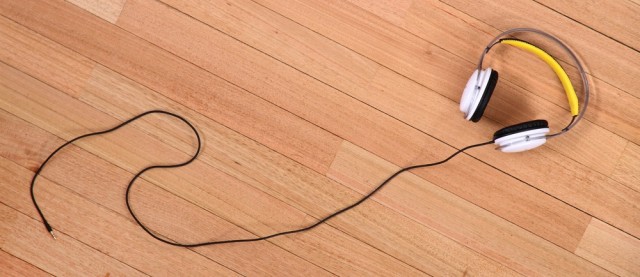Why Aren’t You Paying for Music?

On a personal level, I have witnessed the impoverishment of many critically acclaimed but marginally commercial artists. In particular, two dear friends: Mark Linkous (Sparklehorse) and Vic Chestnutt. Both of these artists, despite growing global popularity, saw their incomes collapse in the last decade. There is no other explanation except for the fact that “fans” made the unethical choice to take their music without compensating these artists.
Shortly before Christmas 2009, Vic took his life. He was my neighbor, and I was there as they put him in the ambulance. On March 6th, 2010, Mark Linkous shot himself in the heart. Anybody who knew either of these musicians will tell you that the pair suffered from addiction and depression. They will also tell you their situation was worsened by their financial situation. Vic was deeply in debt to hospitals and, at the time, was publicly complaining about losing his home. Mark was living in abject squalor in his remote studio in the Smokey Mountains without adequate access to the mental health care he so desperately needed.
I present these two stories to you not because I’m pointing fingers or want to shame you. I just want to illustrate that “small” personal decisions have very real consequences, particularly when millions of people make the decision not to compensate artists they supposedly “love”. And it is up to us individually to examine the consequences of our actions. It is not up to governments or corporations to make us choose to behave ethically. We have to do that ourselves.
David Lowery, a co-founder of the rock band Cracker, and a lecturer in the University of Georgia’s music business program, posted a letter to NPR “All Songs Considered” summer intern Emily White in response to a blog post she wrote where she admitted that although she had about 11,000 digital songs in her music library, she had probably only bought 15 albums in her lifetime.
Emily argued that she ripped most of her music through albums given to her college radio station, where she works as a DJ. She was also given 15 gigs of music from a boy who had asked her out to senior prom, and streams a lot of music using Spotify.
Lowery gives Emily a very thorough and convincing response. In addition to some of the ethical issues he raises regarding ripping music from CDs you didn’t buy, or accepting massive amounts of music from friends, he also points out that companies like Grooveshark often stream music without getting permission from artists. Lowery says that Spotify has also run into trouble when it comes to fairly compensating the artists they stream.
And perhaps this is Lowery’s strongest point:
“$2,139.50 = 1 smart phone + 1 full size ipod + 1 macbook. Why do you pay real money for this other stuff but not music?”
[via]
Photo: Shutterstock/Spectral-Design
Support The Billfold
The Billfold continues to exist thanks to support from our readers. Help us continue to do our work by making a monthly pledge on Patreon or a one-time-only contribution through PayPal.
Comments